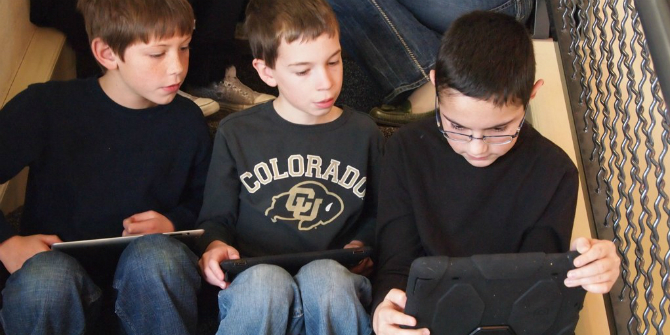Slow down you move too fast, you got to make the meaning (sic) last
By Blog Editor, IOE Digital, on 4 January 2018
‘Slow’ human intelligence must be valued more holistically if we are to really benefit from the power of AI, says Rose Luckin.
The end of 2017 brought some worrying observations about the progress of Artificial Intelligence with respect to UK Education. It illustrated that many people are far too willing to equate speed and reduced cost with success. We are in danger of missing what really matters in education; in danger of missing the meaning of what education should about. This is dangerous for education and for the progress of learners and educators of all ages.
First came the publication of the first report from the Data Science Behavioural Insights Team (BIT); this stressed the value of speed. Second came the 19th evidence session of the House of Lords select committee on AI, which focused on AI and education.[1] This revealed the potential for machine learning AI to reduce the cost of delivering the current school curriculum, and at the same time reduce the value of human intelligence.
The BIT report marks the first anniversary of the data science team and is the demonstration of its raison d’être and the value of data science for policy. In the report, (more…)
 Close
Close



 While children’s reading experience is being transformed with digital reading formats, personalised and interactive books allowing for more personalisation, there are risks around the data this releases. Natalia Kucirkova and Rosie Flewitt identify four main areas of concern and call for regulation.
While children’s reading experience is being transformed with digital reading formats, personalised and interactive books allowing for more personalisation, there are risks around the data this releases. Natalia Kucirkova and Rosie Flewitt identify four main areas of concern and call for regulation. 